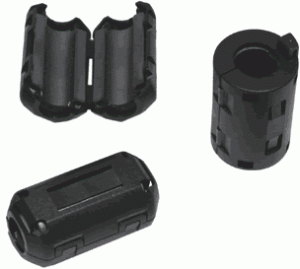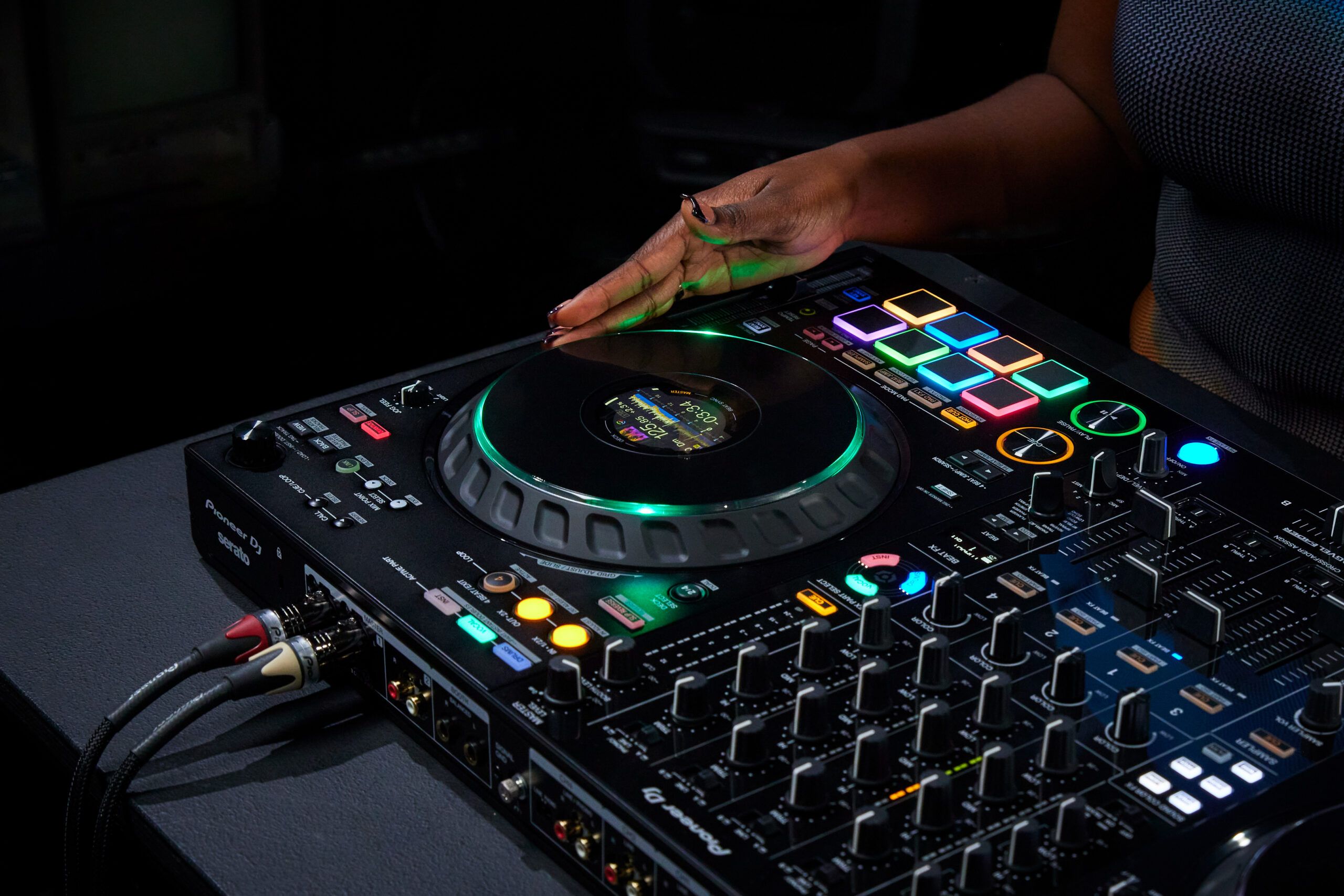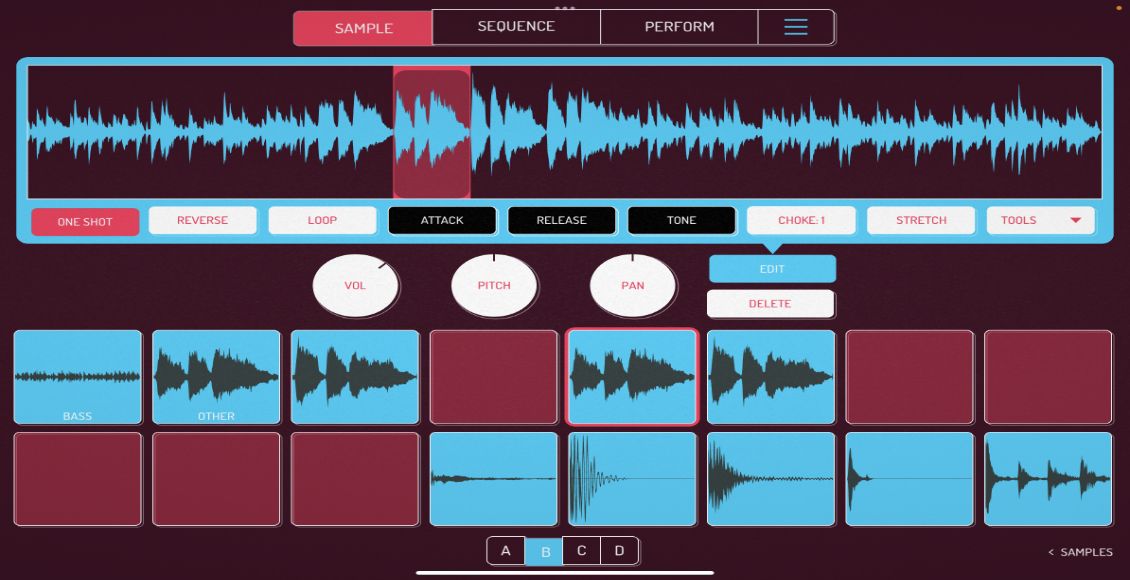Has your DJ equipment ever stopped working and your left scratching your head wondering why? Did you drop $500 on a midi controller and still get irregular performance? Well, don’t throw in the towel just yet, chances are that it is probably a problem with the cable connecting your equipment to your computer. We have had many reported instances of gear dropping out in the forums and in particular the VCI-100. While Vestax did a great job with the quality of the VCI-100 they skimped on the quality one area, the USB cable.
Lets take a look at what goes into choosing a cable that you can rely on.
Shorter is sometimes better
First thing to take into consideration is the length of your cable. The USB standard allows for up to 5 meters but shorter is usually much better. We recommend the maximum length of your cable only being a meter long, this will reduce the amount of noise that the cable will pick up that could potentially disrupt the connection from your gear to your computer. Shorter cables also reduce the chance of the cable acting like an antenna and picking up RF interference.
Ferrite Faucet?
You should make sure your new cable has a ferrite, which filter out electromagnetic noise common in a DJ booth and help to ensure the connection isn’t interrupted by any outside noise. This extra electromagnetic noise will be transferred into heat by the ferrite so it does not effect your controllers connection. Ferrite’s block high frequency interference, like noise from motherboards or UHF signals from nearby analog video, but do nothing for low frequency interference like monster bass bins.
If you can find an old cable that your not using anymore that has a ferrite (shown in the picture) then you could take it off and use it on your cable to help combat interference.
Brands are not all bad
Another important thing to look out for when buying a cable is this logo, it will appear on the packaging of the cable and will assure you that the USB cable follows the USB specifications. This is important, because without it a manufacturer could easily easily skimp on the quality of the cable and give you a seriously inferior product. One requirement a cable must pass to be hi-speed certified is that it contain twisted power-lines. This process helps to prevent interference being fed directly into your USB device which will cause all manors of havoc including drop outs or even a total disconnection. If you are wondering if the cables that you already own are hi-speed USB certified cables you can just check the connector for the same logo – if your cable doesn’t have this logo you might want to hold off buying a new controller and perhaps just get nice cable instead.
Another important difference between hi-speed USB and good old 1.1 is the copper shielding of the cables. USB data lines are supposed to have a characteristic impedance of 90 Ohms and shielding has a significant impact on maintaining a stable connection. Hi-Speed USB cables also specify twisting of the cables in much the same way that balanced mic leads work. The signal is sent down two parallel wires and any interference from speakers or audio gear will add the same amount to both wires. At the other, one signal is inverted and added to the other, meaning the interference gets canceled out leaving the true signal. No professional audio engineer works with anything other than balanced cables and neither should you.
Handy Tips
While you are using the cables you should also be weary of not to wrap them around any metal objects , especially iron, steel fixtures (like a laptop stand) or nearby scaffolding. Coiling wire around an iron core might create an Inductor which will mess with the current in your wire, but only changing current (like data!). Velcro ties are a great for an easy way to keep your cables nice and tidy without causing any issues with your precious controller.
Several of the users in the forum (including myself) have had dropout issues with the VCI-100 and a number of us have achieved a big difference by dumping the USB cable that came with our units originally. After numerous drop outs and problems I jumped up to a proper USB cable that meets the specs above and I am happy to report that since doing this my VCI-100 hasn’t dropped out a single time.
A big thank goes out to Midifidler and Fatlimey, who are our resident hardware and USB experts. Without their help this article would have never been possible.
Hold On..
Where can I get one of these things? Well, The handy team at TechTools is searching for the perfect USB cable as we speak and hopefully there will be something available in the store soon!
Edit: The USB cables are now on sale – Click here to read about them, or simply buy one from our store!












